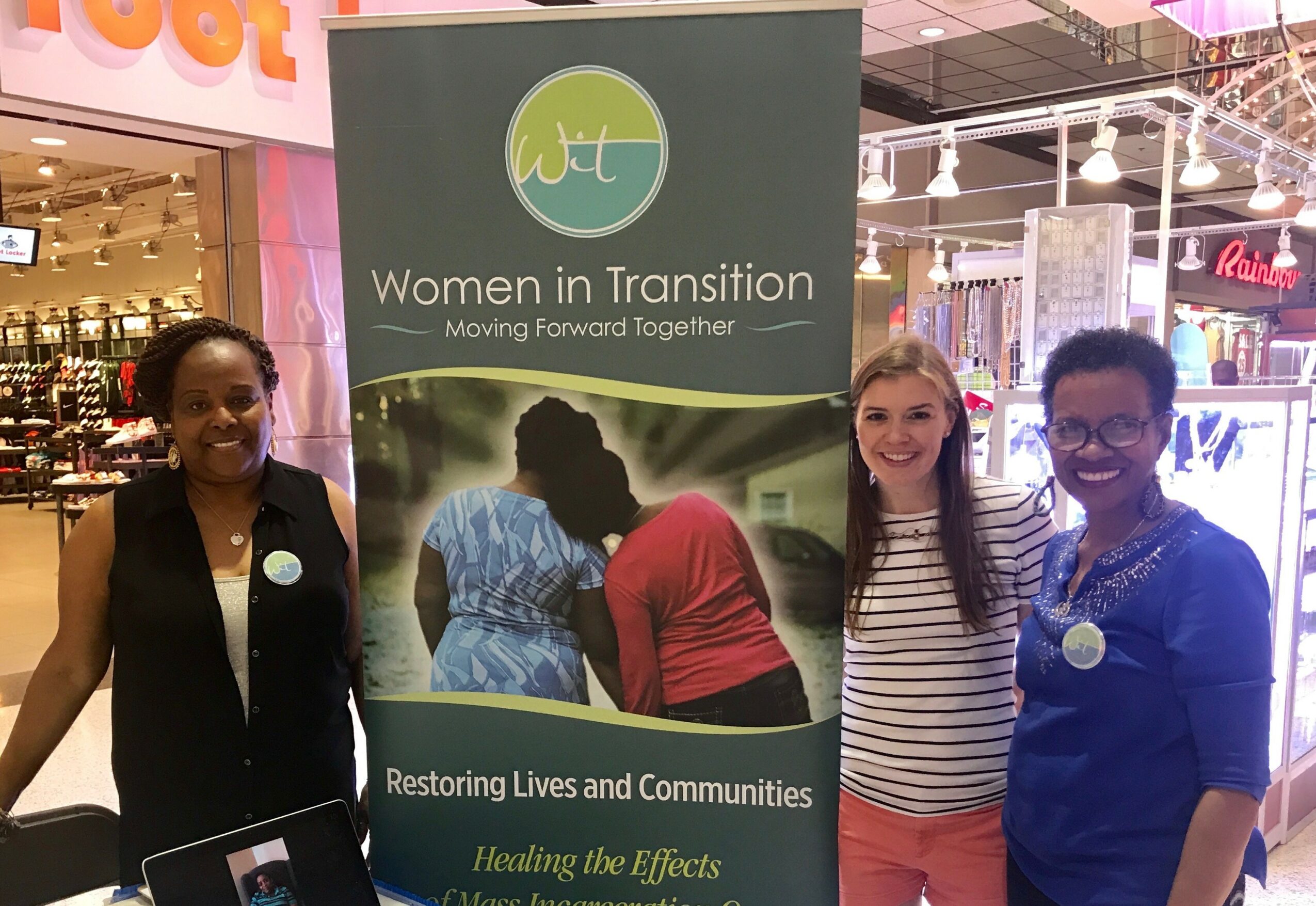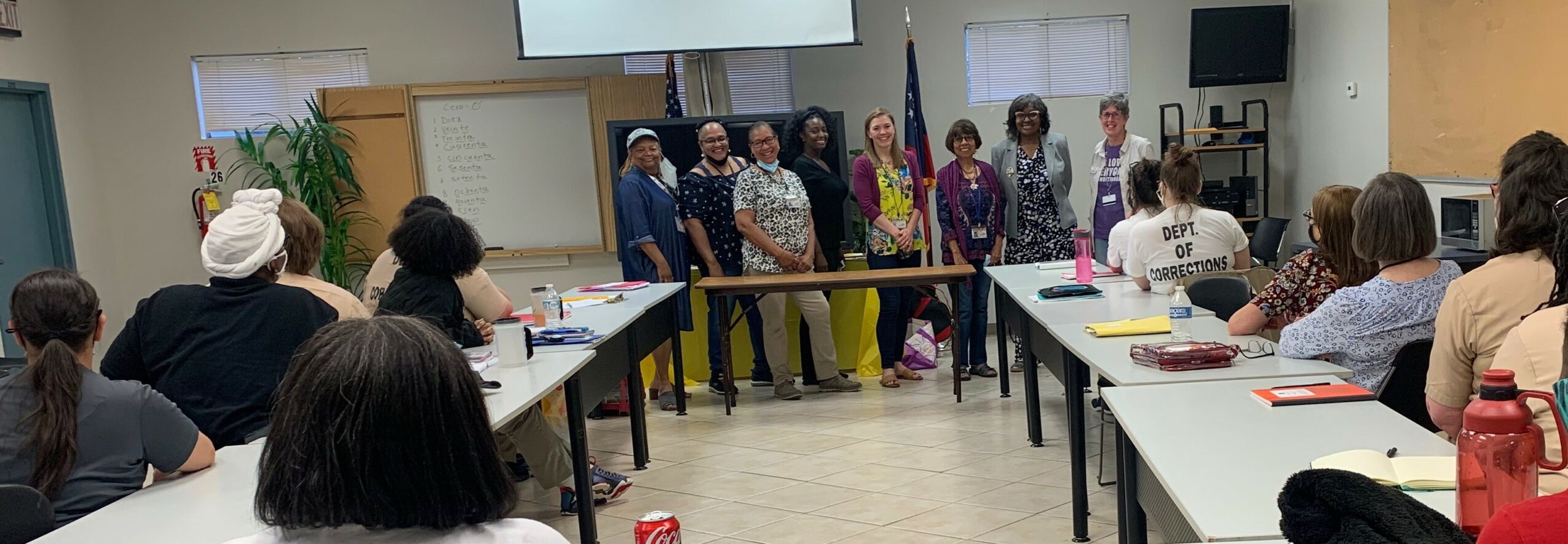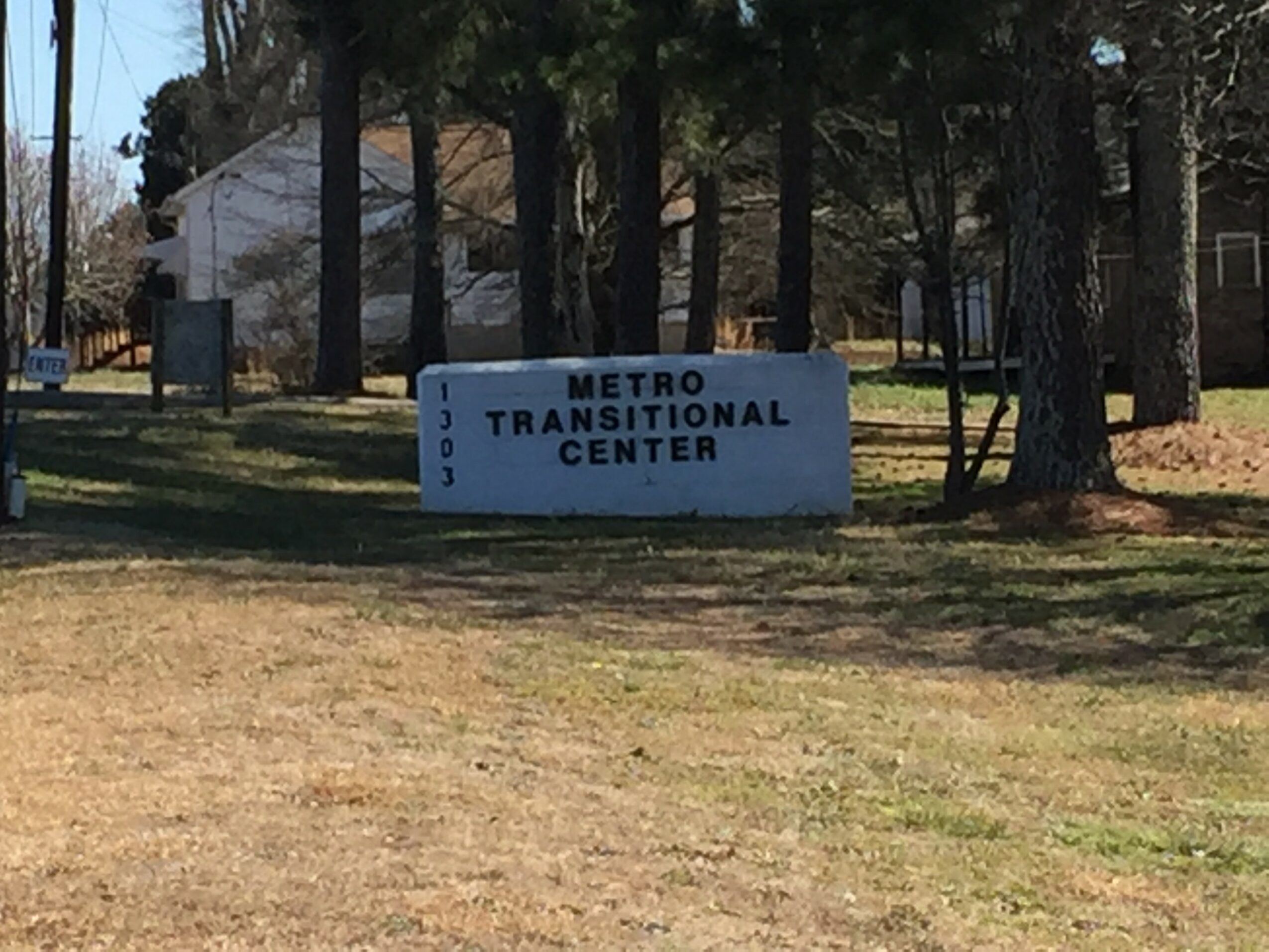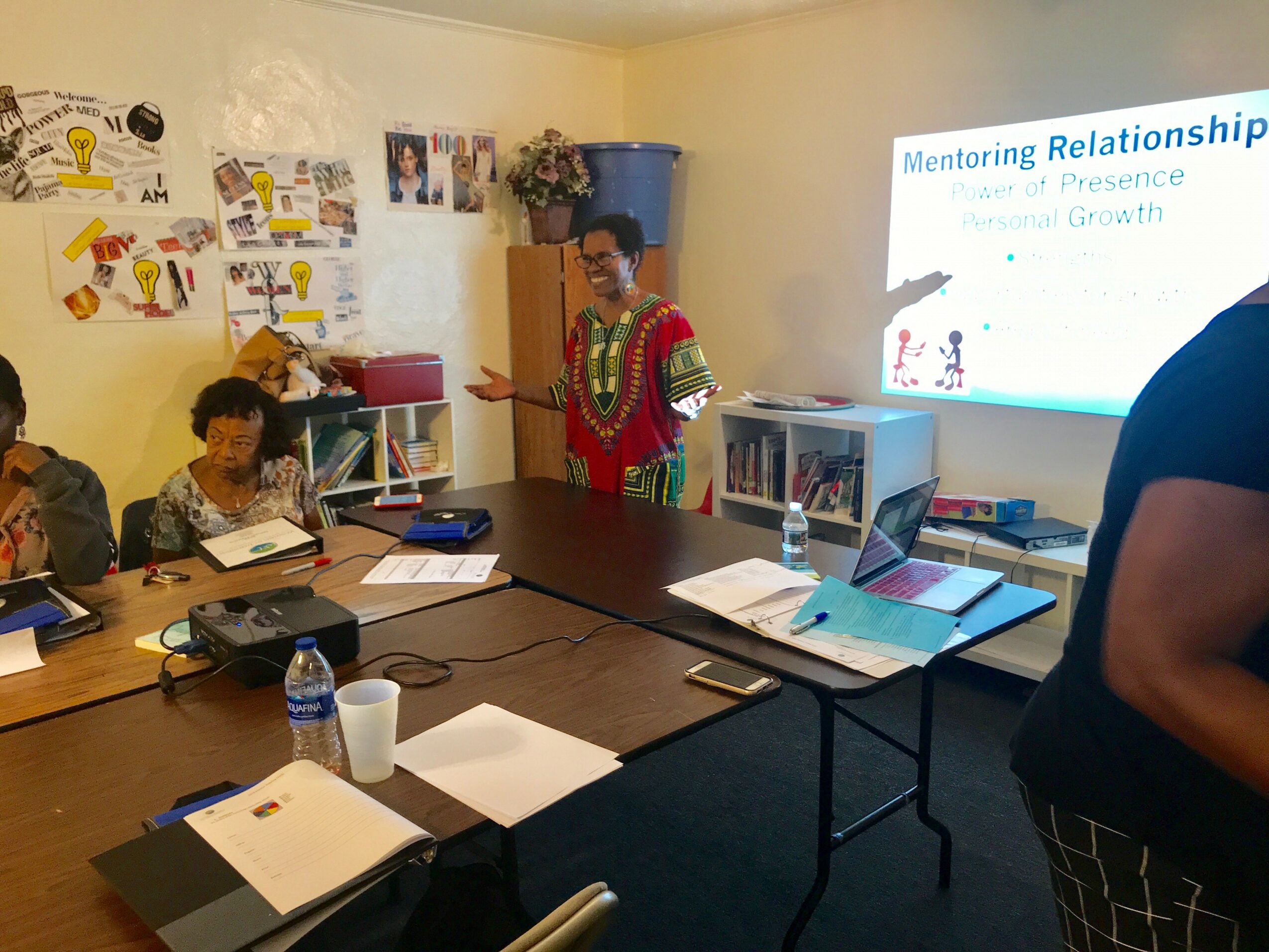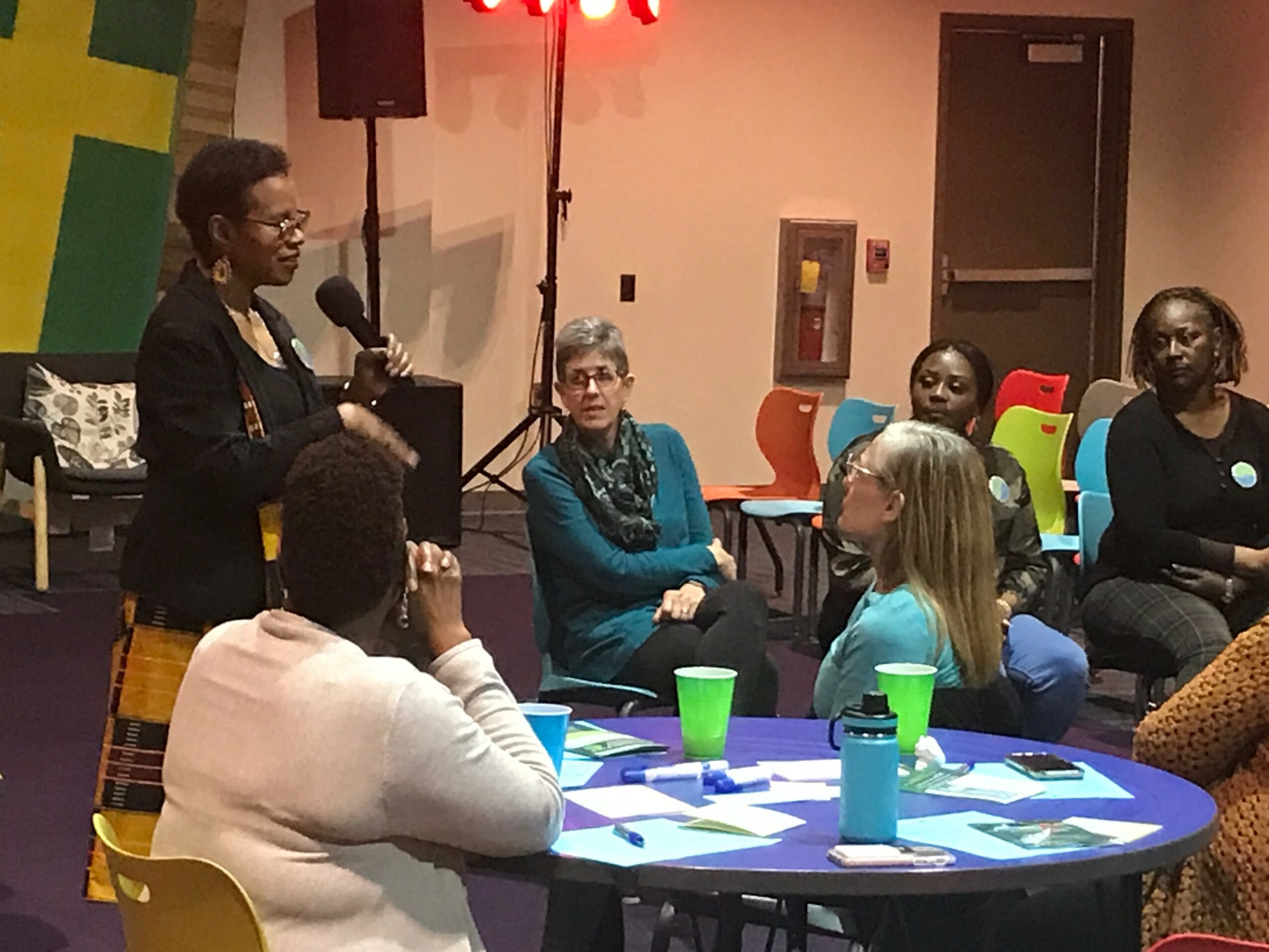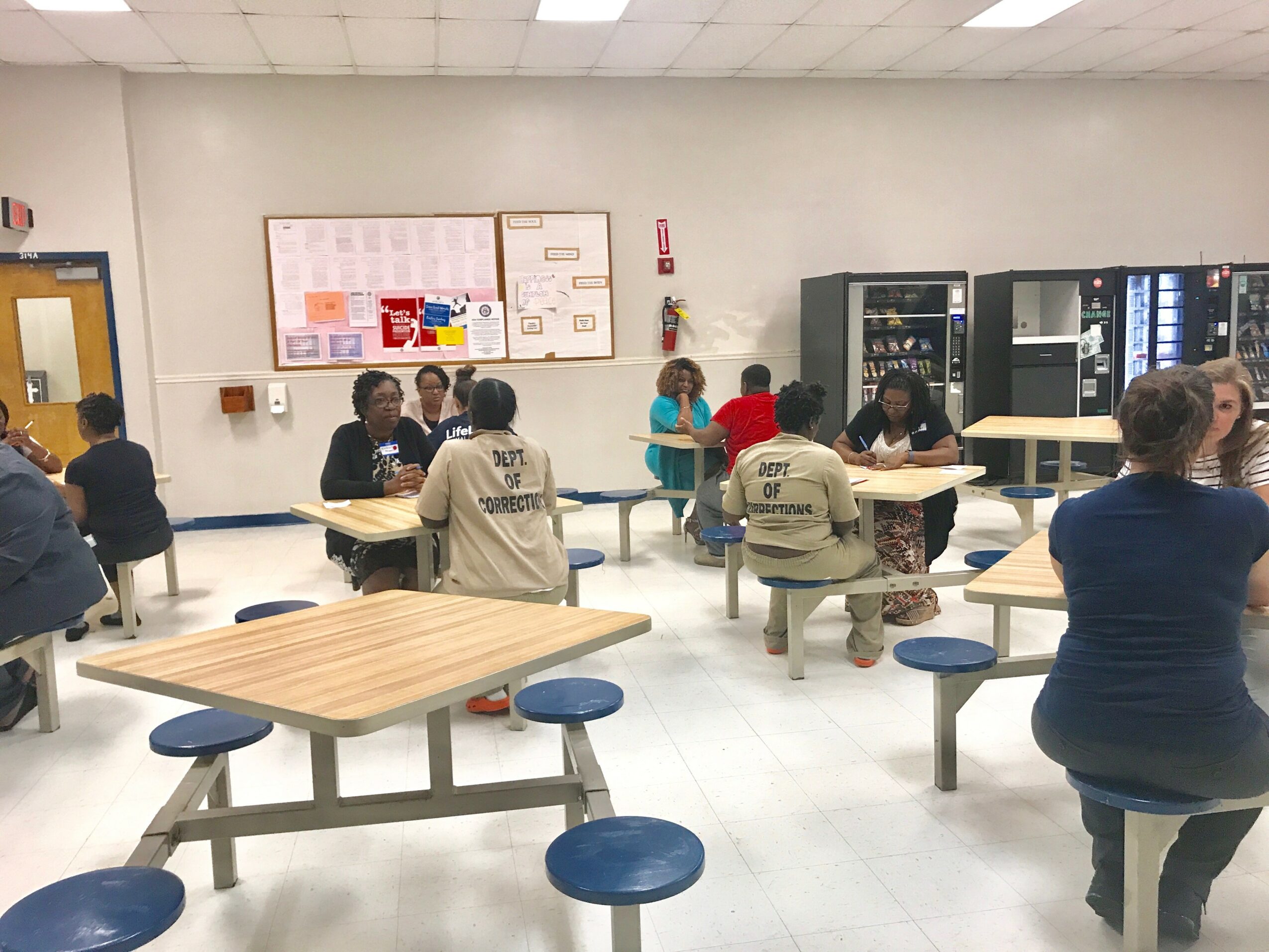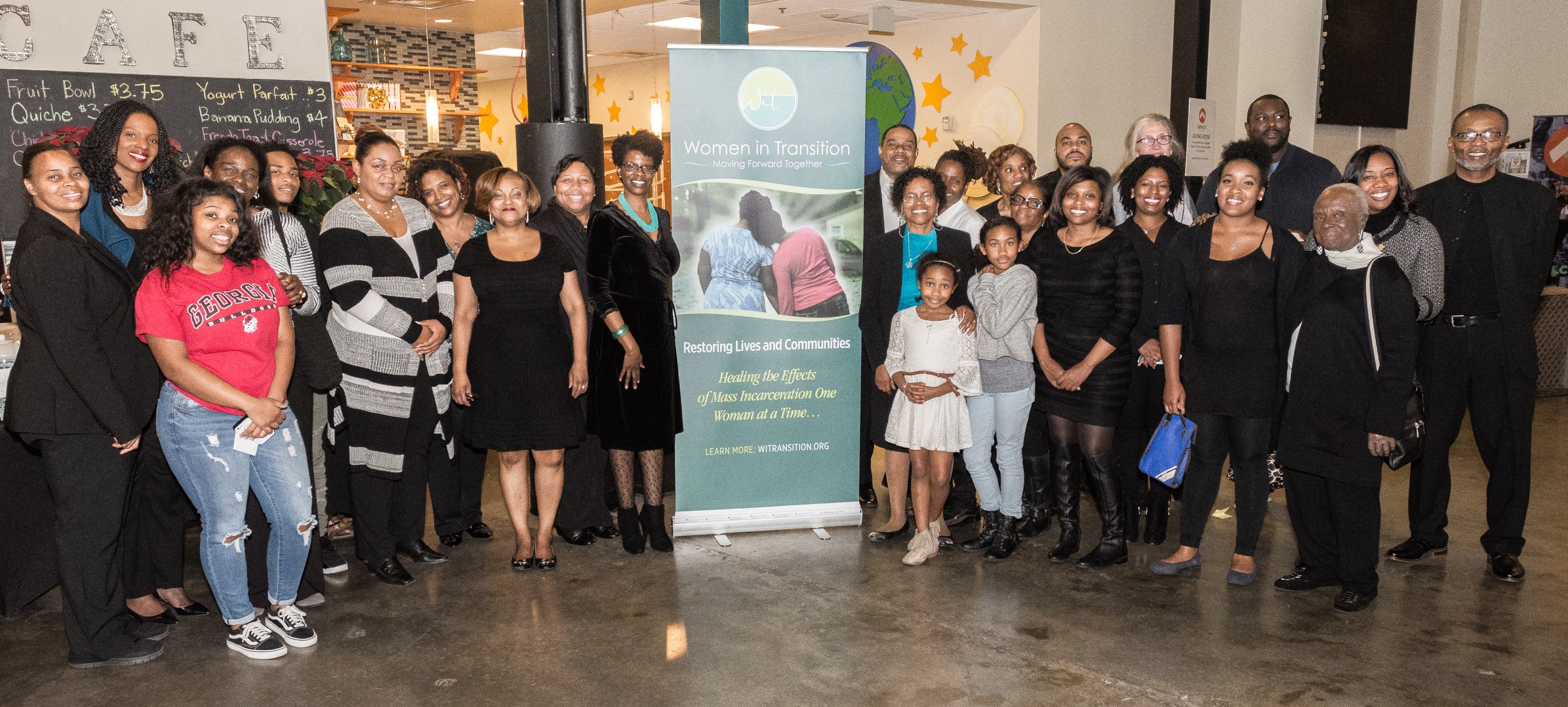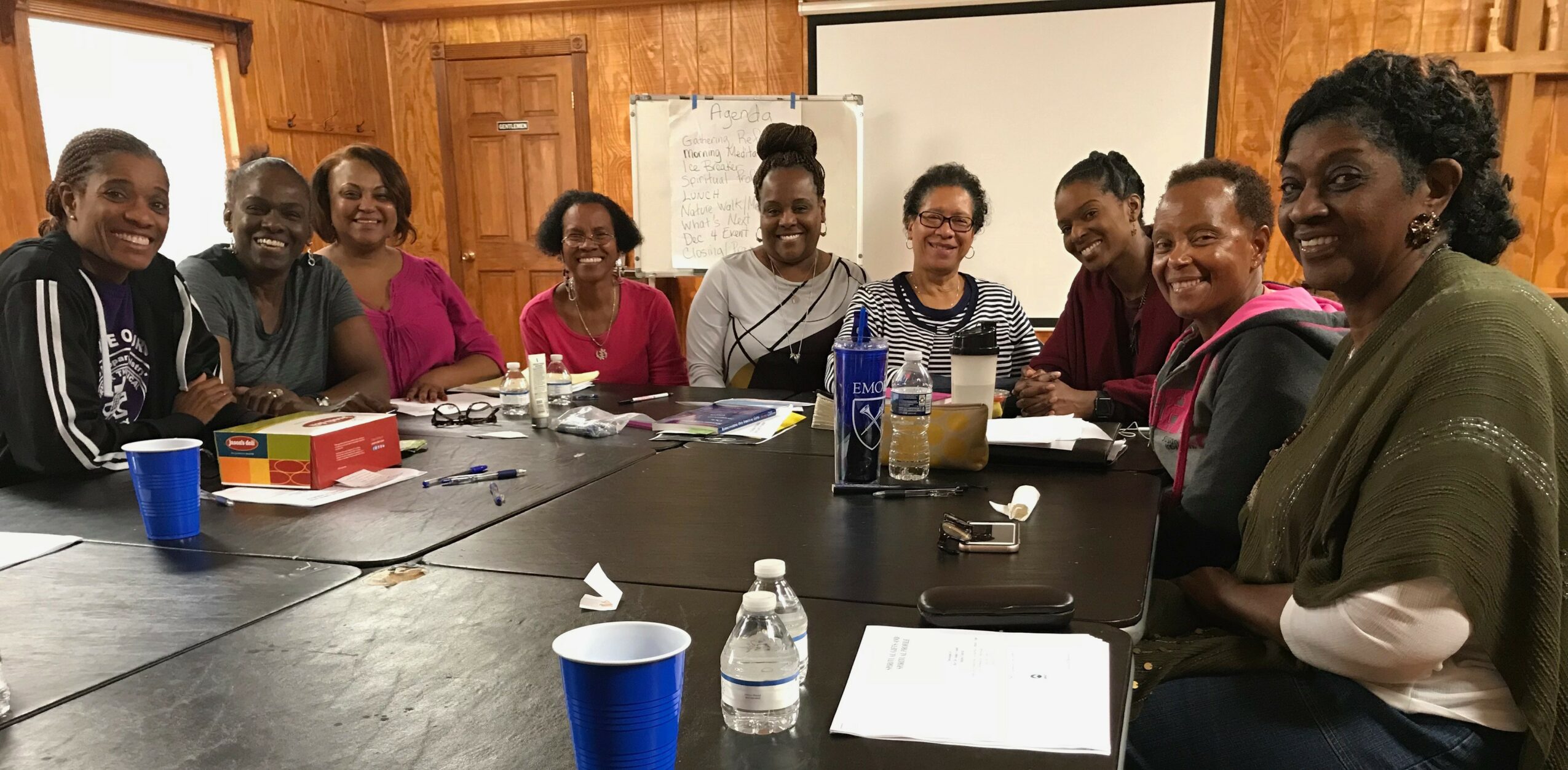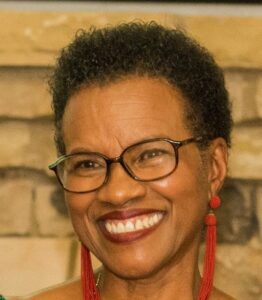
Today we’d like to introduce you to Rev. Dr. Anika A Jones. Them and their team share their story with us below:
Rev. Dr. Anika A. Jones is called by God to help bring about spiritual, physical, and mental healing to persons and communities that are marginalized in our society, particularly those impacted by the criminal justice system. Anika has served for more than 20 years to raise awareness and provide support for women and families impacted by incarceration. She is the founder and CEO of the Alpha and Omega Society, Inc, a 501(c)3 organization dedicated to addressing the needs of women in transition from prison back to society through engaging the faith community. Anika also serves as a founding member of the End Mass Incarceration /Healing Communities Network that originated in the North Georgia United Methodist Church to engage congregations and community organizations in criminal and juvenile justice reform and to care for families impacted by the corrections system. An advocate for lifelong learning, Anika has spent the last 50+ years working with “non-traditional students” from preschool through adult education. As a member of the original launch team of Impact Church, a new United Methodist Church in Atlanta, GA, she served as the Connections Pastor to promote connecting the congregation with God and the community from 2007 – 2015.
How I became engaged with the criminal justice
• Formally began in 2000 my first year in seminary when I was assigned to the Metro State Prison for Women to do ministry in context.
• But I had been visiting family members of friends and community members before then. After I was formally involved, I had family members and those of friends who ended up in the system.
• I formed Alpha and Omega Society, Inc. in 2007 to focus on incarcerated women preparing to transition home.
• In 2011 the prison closed and we launched the Women in Transition initiative to primarily focus on mentoring women throughout the whole transition process.
WHY Should We Care?
• These are our mothers, fathers, sisters, brothers, community.
• These are our children.
• Can we love those who hurt us?
• Faith communities can offer non-judgmental concern, forgiveness and restoration.
• So there are spiritual mandates to be involved and there are practical, worldly mandates why we have to not only care, but THE BOTTOM LINE why we have to do something is because 90% of the persons in prison are returning to our communities. We can either help them be successful and contribute to society or drain resources struggling to survive and often end up preying on us.
Alright, so let’s dig a little deeper into the story – has it been an easy path overall and if not, what were the challenges you’ve had to overcome?
It has definitely not been a smooth road to follow because the women that I walk alongside of have experienced serious challenges and often traumatic events in their lives.
• More than 75% of women in prison have histories of physical and/or sexual abuse as children or adults
• Women report higher rates of mental health problems: depression, PTSD, and substance abuse.
• Criminal experiences in context of unhealthy relationships (e.g., a male partner who encourages substance abuse or prostitution)
• Two thirds of the women have left behind children under 18 years old and 2/3 of women in prison have at least one family member who has been incarcerated and 12% have a child who is also incarcerated. So we have an opportunity to break cycles that have been created.
Thanks for sharing that. So, maybe next you can tell us a bit more about your work?
I am the Executive Director of the Women in Transition initiative of the Alpha & Omega Society, a 501 (c)3 organization dedicated to supporting women in the transition back to the community from the correctional system through engaging faith & community organizations.
• We are all in transition at some point in our lives
• Biggest needs are healthy values and relationships
• Faith & community organizations can provide both of these.
HOW do we do it:
• Mentoring
• Forming community partnerships
• Advocacy
• Begins when women are incarcerated & continues after release
What sets me apart?
• It’s only human to make comparisons between your accomplishments and those of others. When I do it I have to keep reminding myself that people, our institutions and our society at large are concerned about financial, political, or social “success” and reaching pre-determined goals. These are noteworthy, but I believe that what is most important is our journey along the way, day by day, how we are living what we say we believe in. We have to start somewhere.
When I see that my work has made a difference in the life of one person, I know it’s worthwhile because they may in turn impact the lives of others and the change becomes exponential. Our work is transforming the lives of persons directly impacted by crime and incarceration as well as the volunteers who work with them. Everyone is learning and growing. And that makes our communities stronger. It takes all of us to make a difference in our society.
We’d love to hear about any fond memories you have from when you were growing up?
Most importantly, I have always found myself being with persons who were somehow marginalized or feeling left out or not part of the “in-crowd”.
This includes playing outside with the children in the neighborhood who were from all different socioeconomic groups. We rode bikes, roller skated, walked to the playground to play ball and other games, and just had fun.
Another important memory was trips to be with my cousins and their families at Christmas time, holidays, and vacation, which instilled in me the importance of family at an early age .
Contact Info:
- Website: www.witransition.org
- Facebook: Women In Transition – Moving Forward Together
